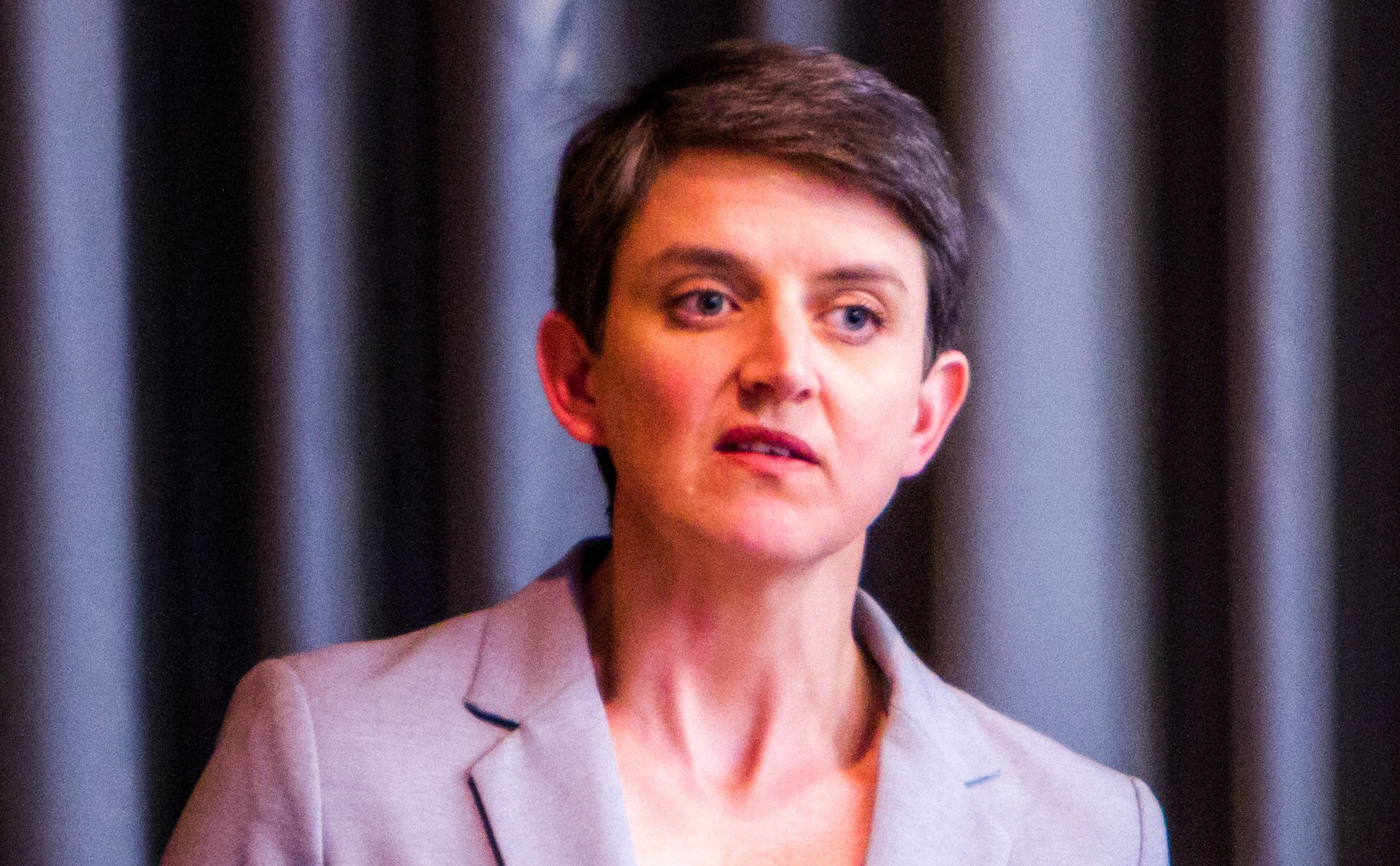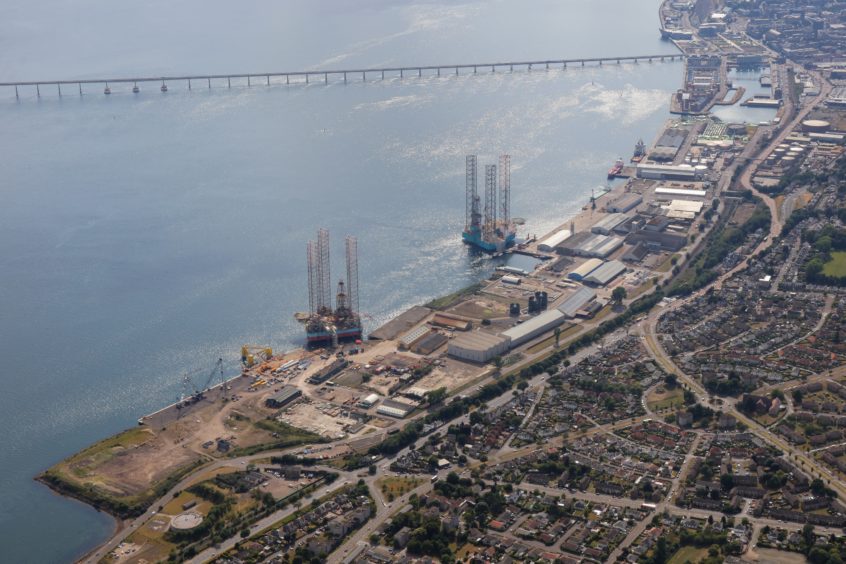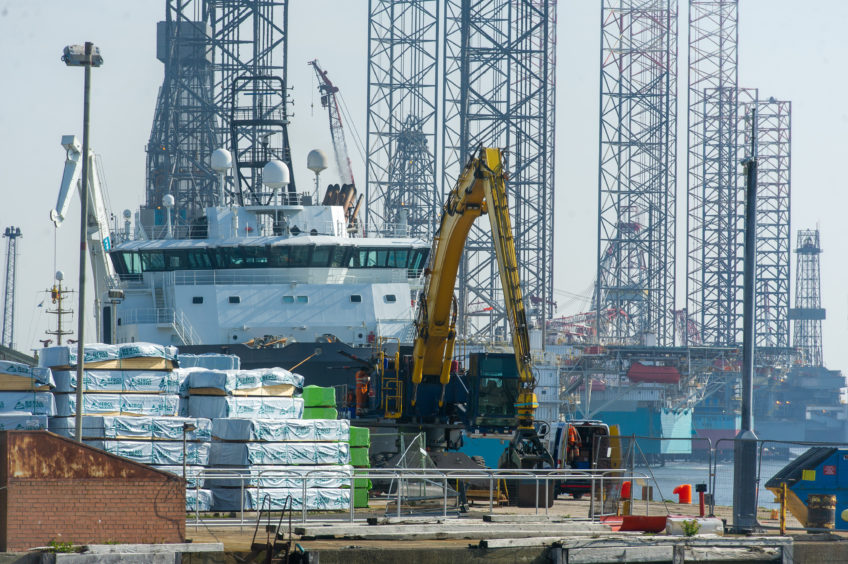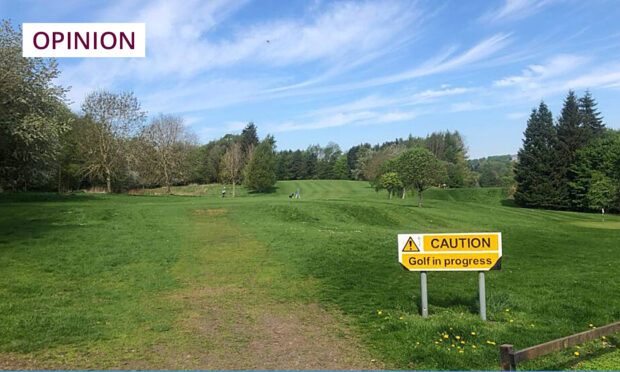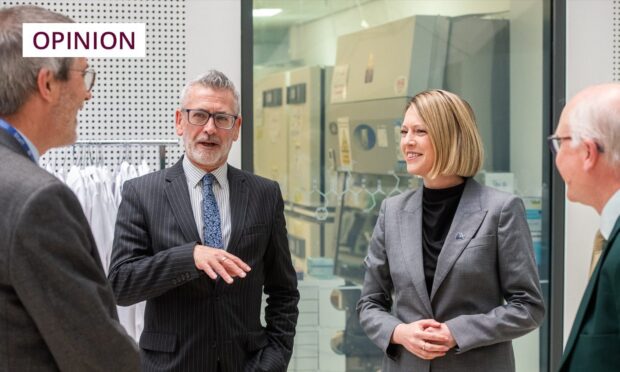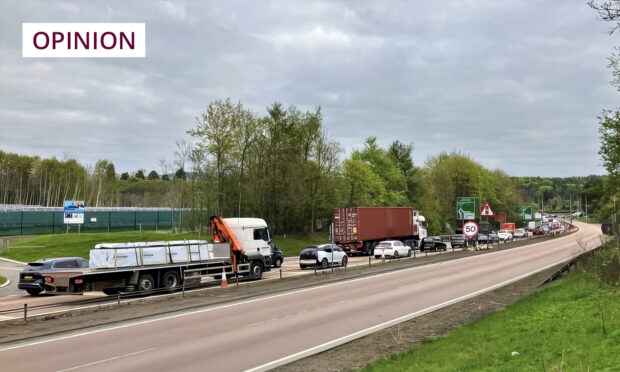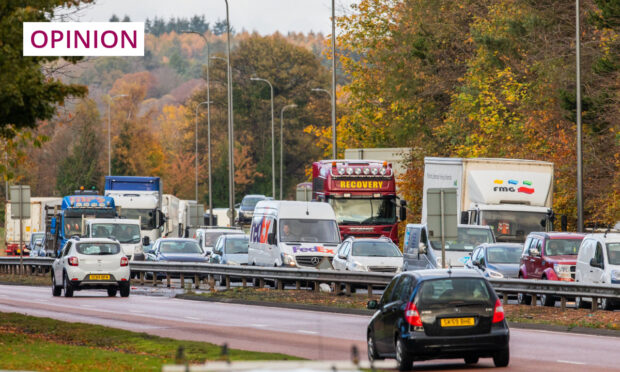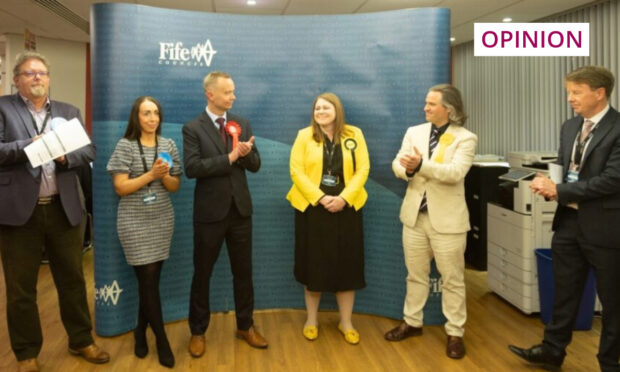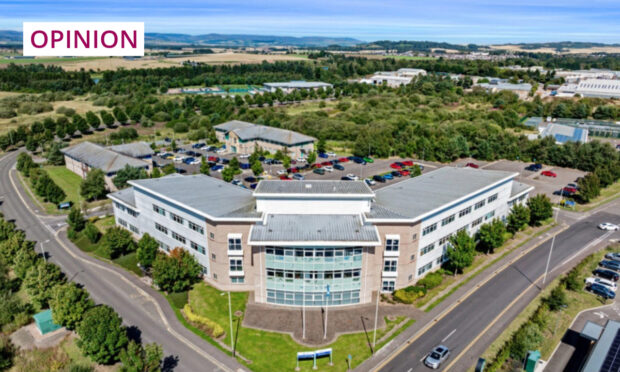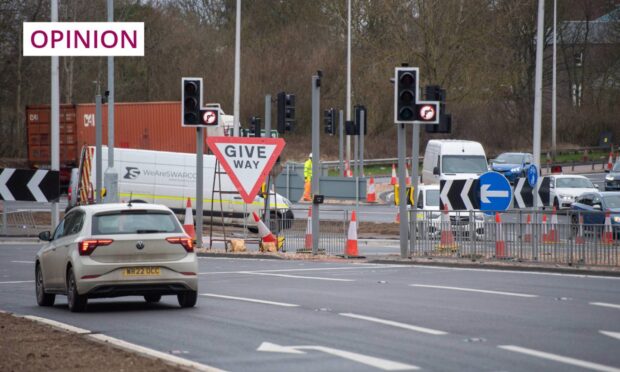Maggie Chapman is former co-leader of the Scottish Greens and will stand as a north-east candidate for the party at the next Holyrood election. Writing for The Courier, she gives her thoughts on plans for a Dundee freeport.
Dundee has lost out in successive economic transformations since the 1980s. Despite a well-educated and adaptable population and the success of some sectors like video games, the broader decline of British manufacturing continues to hurt Dundee.
Freeports are the latest fad in trying to address the problem of economic regeneration outside the south east of England. For some Brexit true believers, freeports are the way forward. I think they are the chlorinated chicken of industrial policy.
International trade works with a system of tariffs, which are levied on goods when they enter one customs area from another. Anyone who has mistakenly ordered a product on the internet from the US will know that charges are added according to the value of the product. This operates at a grander scale for nations. A freeport exists outside the normal tariff regime, and allows goods to be imported without tariff so long as they are exported again. This would allow, for instance, the steel used for the manufacture wind turbines to be imported tariff-free if those turbines were sold abroad.
I understand the impulse from Dundee City Council to seek a freeport. But there are two sets of reasons why it is not the right way forward.
“Poor record”
The first is that freeports have a terrible record of delivering on their promises of jobs and economic transformation. This is not just because they suck jobs and businesses out of other areas that don’t have freeport status. It is because modern manufacturing tends to rely not on low tariffs, but instead relies on high quality skills and investment. A University of Sussex study of all possible manufacturing found that the only industry that would benefit from freeports was dog food. I’ll leave you to conclude what that says about the proposed approach.

The second reason why freeports are a problem is that when they fail to deliver development through tariff avoidance, they start to rely on the reduction of workers’ rights, of environmental protections and of the rule of law. At best they encourage the sort of sweatshops that did so much to spread COVID-19 in London and Leicester, where women were stitching clothes at well below minimum wage. At worst they become lawless wild west areas where drugs and other illegal goods are warehoused. That is obviously not what we want Dundee to become.
So if not a freeport, then what?
Instead of seeking to game international trade and attract criminals we should be building on Dundee’s strengths. We have a history of deep-water engineering and fabrication. The world’s greatest area of off-shore wind development is on our backdoor. We have two fantastic universities. This points to an altogether different approach to our economic future. With the right plans in place we are in exactly the right place to benefit from the renewables revolution. Building on these strengths and our existing skills is what economists call smart specialisation.
The North Sea will be the first major offshore oilfield to be decommissioned. This creates the massive opportunity to become the world centre of expertise in offshore decommissioning and transformation to renewables. And with it very substantial numbers of good jobs.
With the right investment from the Scottish National Investment Bank and building on Dundee’s manufacturing expertise we could become a global centre for offshore wind manufacturing. There are huge opportunities in using offshore wind to make our electricity grid zero-carbon.
German industry has been built on medium-sized high-quality manufacturing to meet the challenges of today – without the need for freeports – what is called the Mittelstand. It offers a model for our economy, with a proper plan and an investment bank to support it.
As we learn the lessons of how we transformed Dundee’s manufacturing, so we can build on the ability to make our economy even smarter. The Scottish Green New Deal goes well beyond renewables. It needs to harness the opportunities to collaborate to make our economy and society more caring. We have seen during the COVID-19 crisis how important caring jobs are, and how technology can facilitate mutual aid to those who need it in our communities. We must create an economy and society in Dundee that achieves these outcomes.
Green New Deal
There are many other opportunities that a Scottish Green New Deal approach can bring. By building on Dundee’s unique assets we would be sheltered from changes to government policy towards freeports, and insulated from foreign governments undercutting us on workers’ rights and environmental protections.
The original New Deal created art and even funded Arthur Millar to write plays that enriched society. As we move toward an economy based on care, we must make sure that we have outlets for human creativity. It is, after all, that creativity that underpins the Dundee success story in video games.
The coming years will be difficult, but with the right approach Dundee can thrive. That right approach is our Scottish Green New Deal, not a freeport. We don’t need to undercut other regions. We can do our bit to solve climate breakdown while creating an economy with lots of high quality jobs. The Scottish Greens have a full plan for what this economy would look like and we will be putting it forward at next year’s election.
Freeports are a failed idea from the last century. The Green New Deal is a plan for today and tomorrow. Making dog food is fine, but it cannot sustain a city. We should, instead, be focused on making the future.
